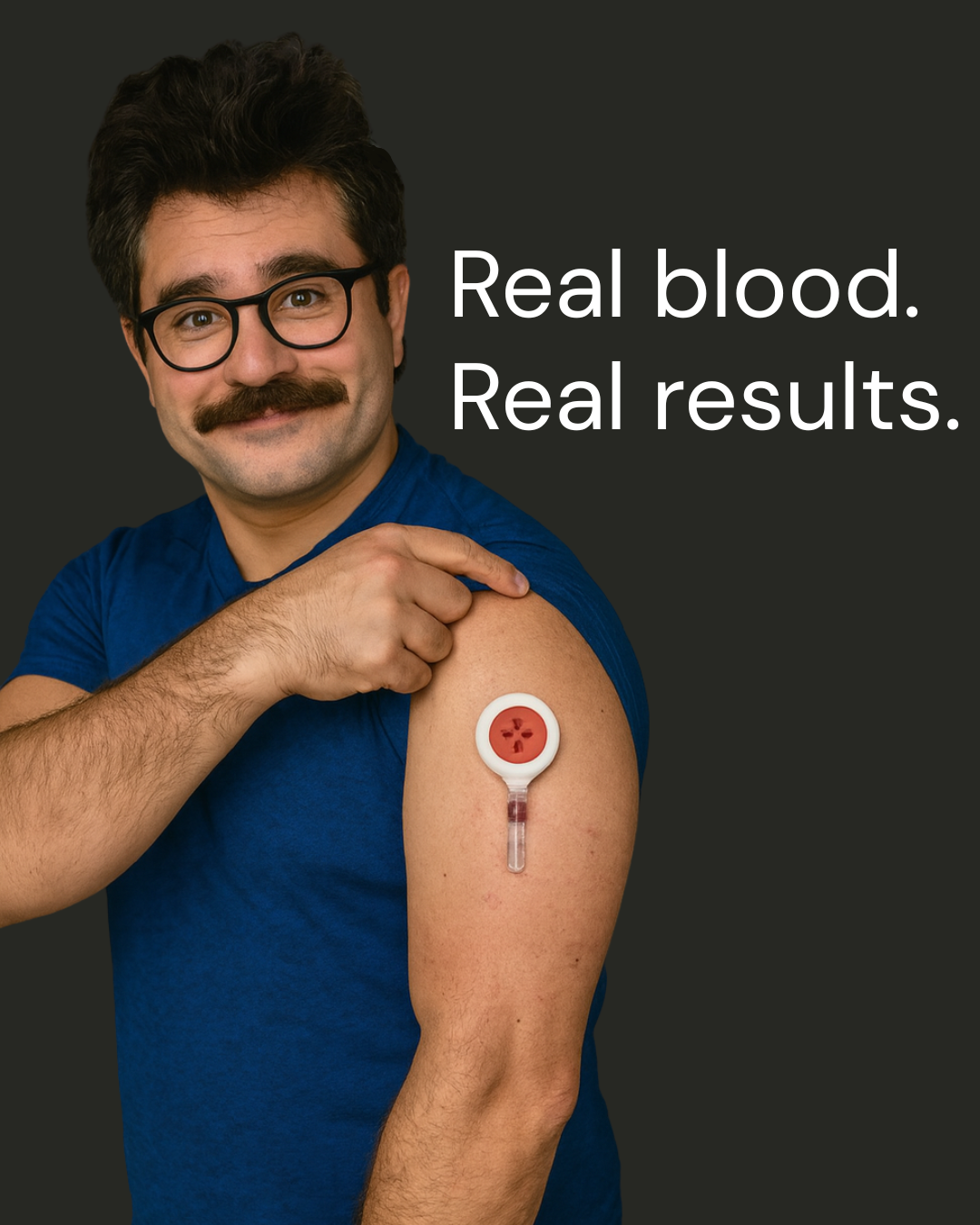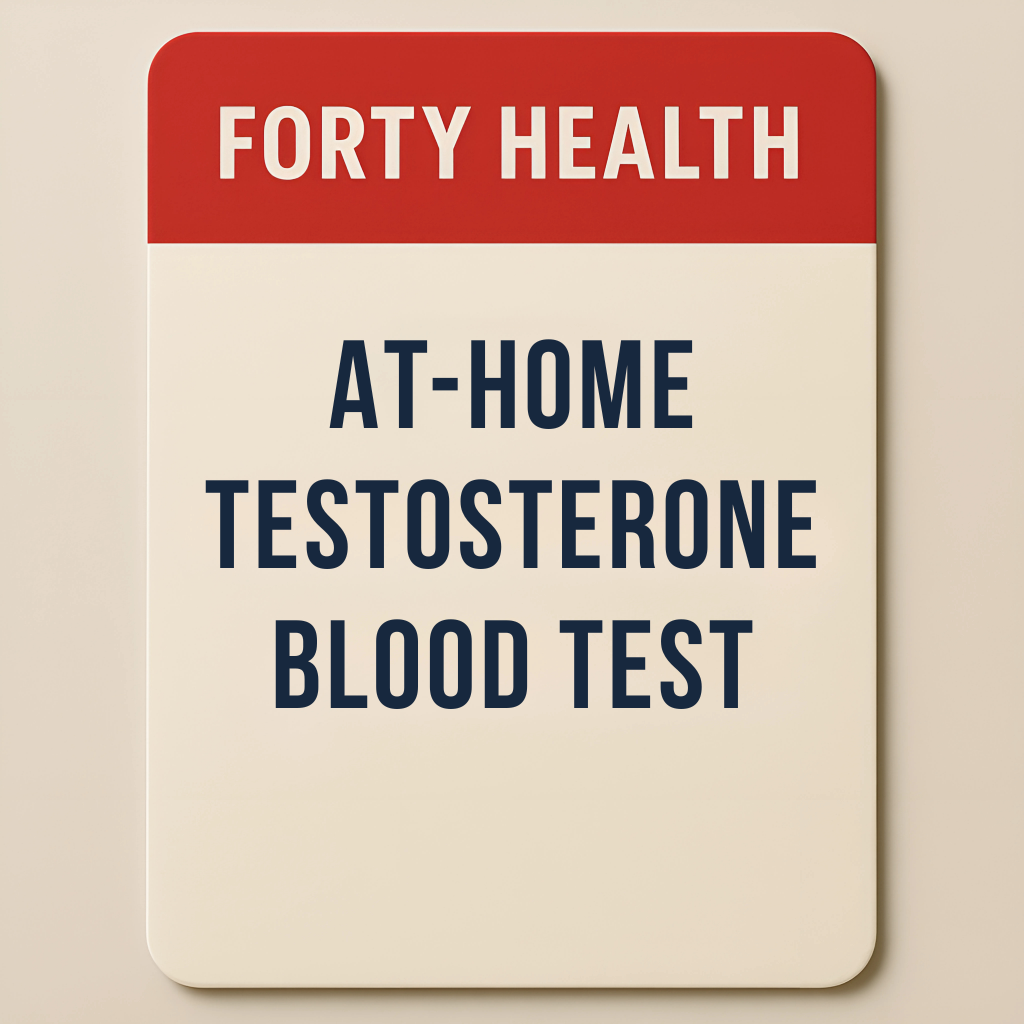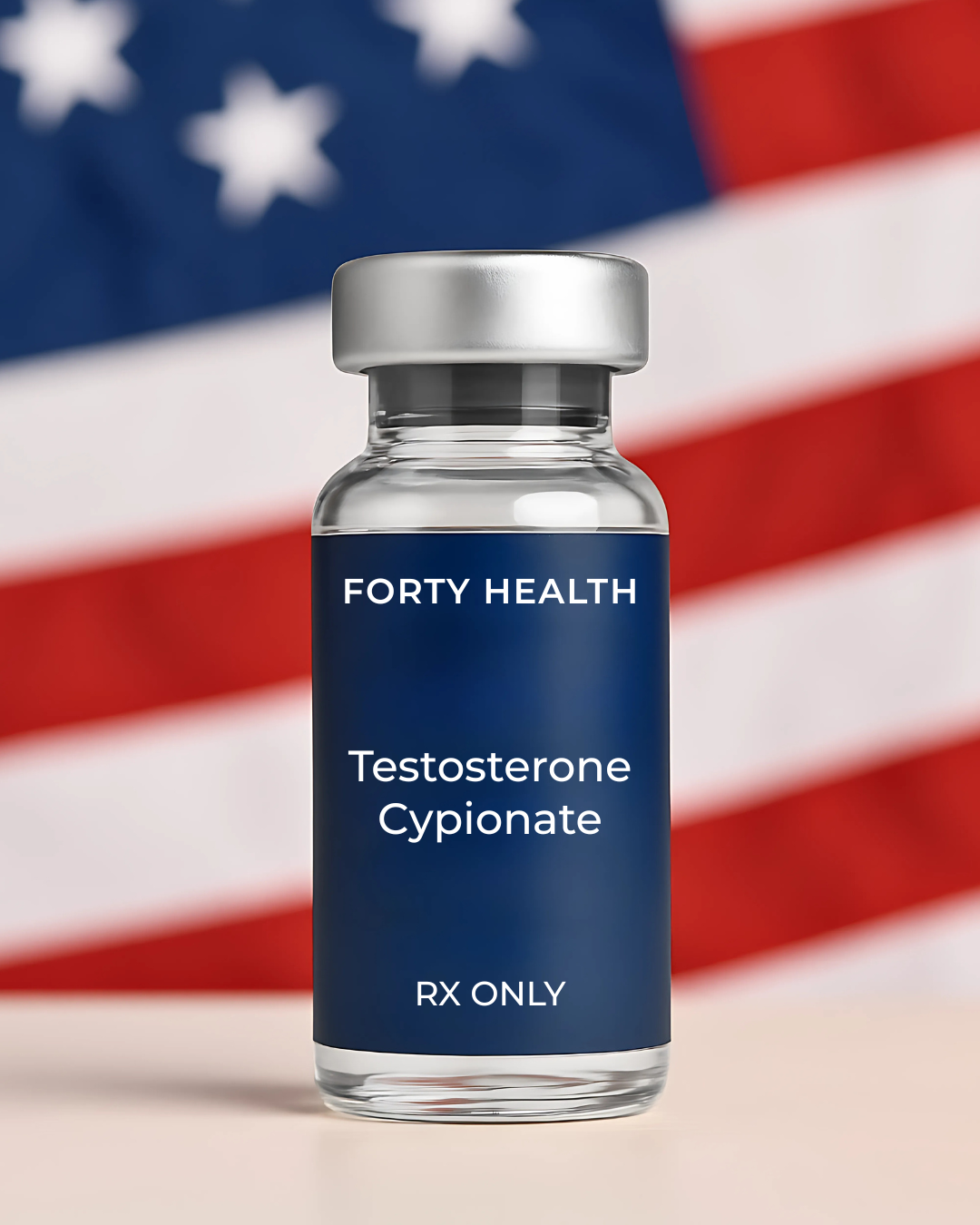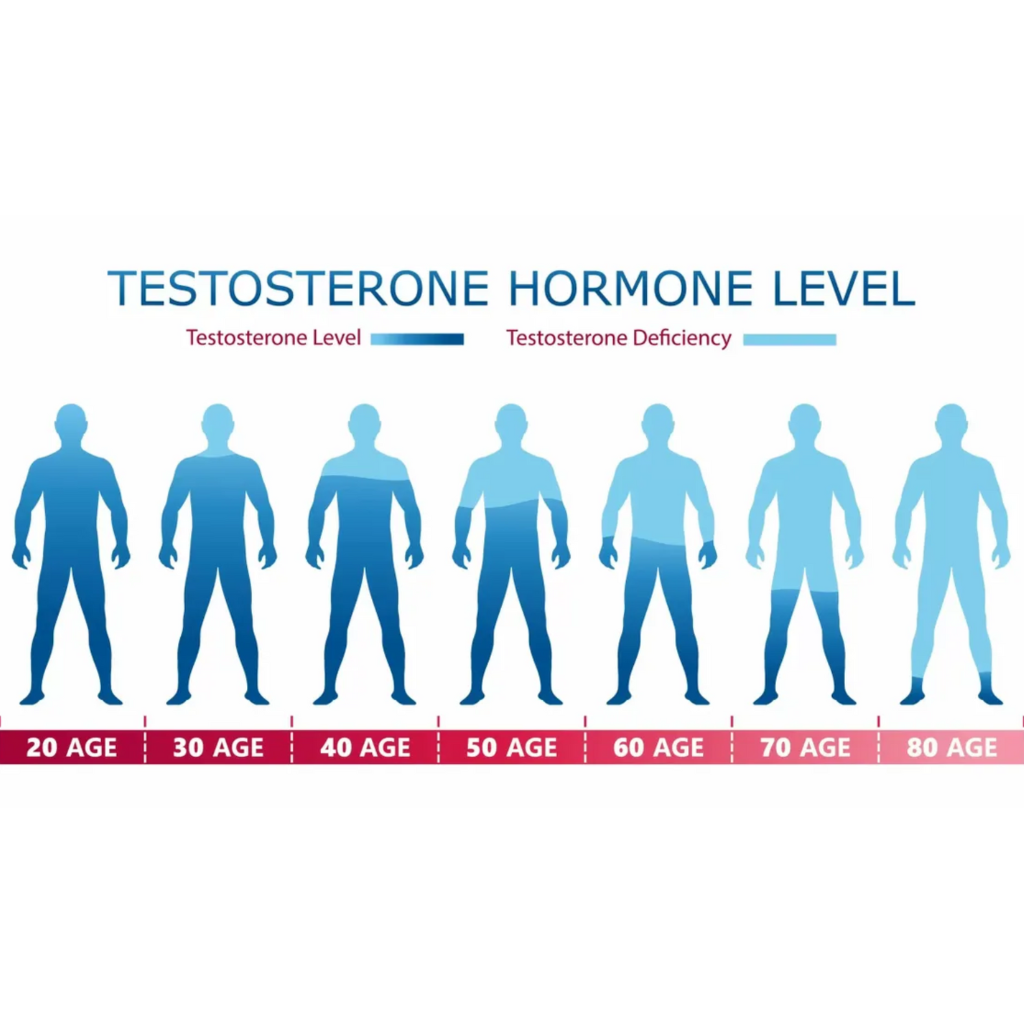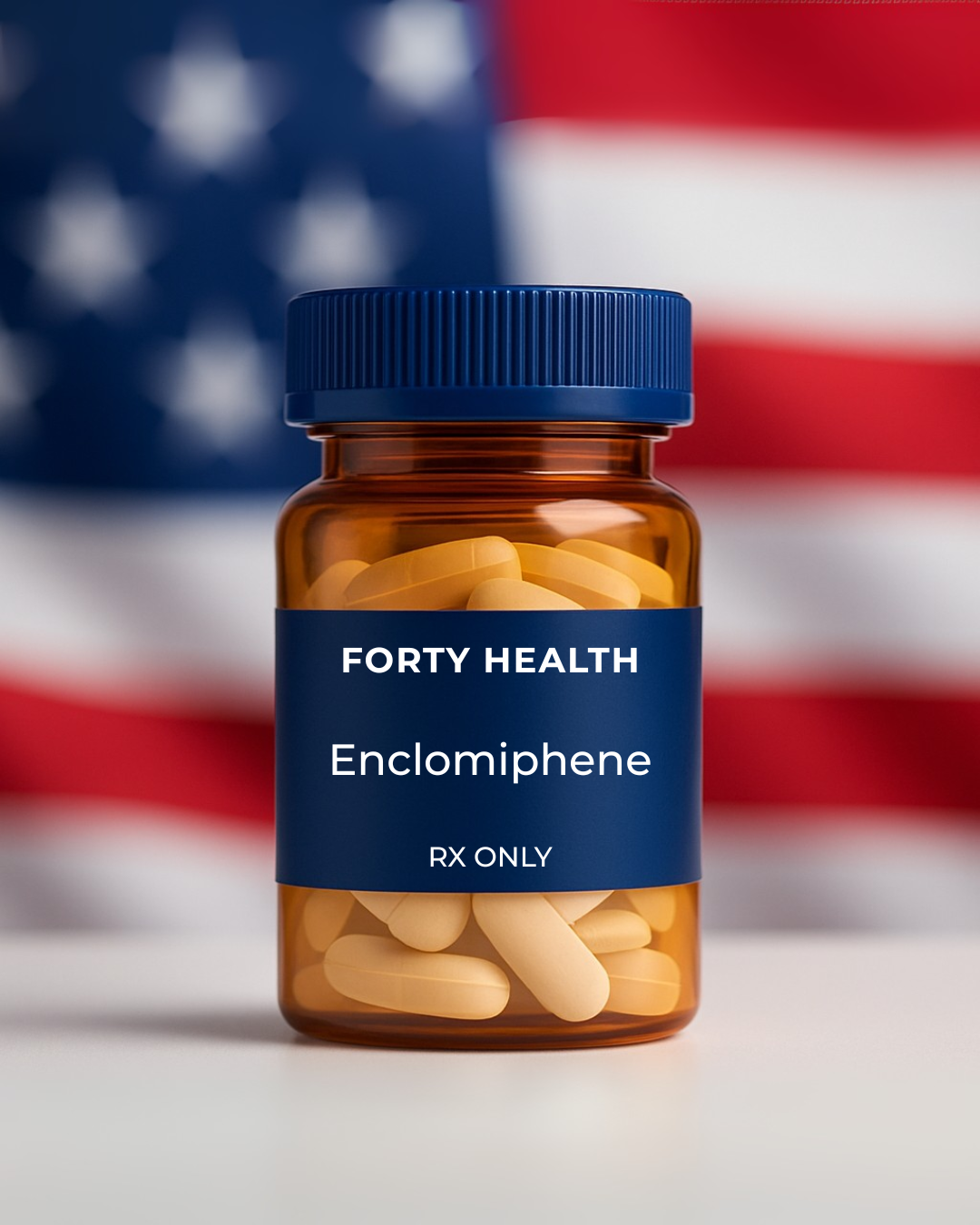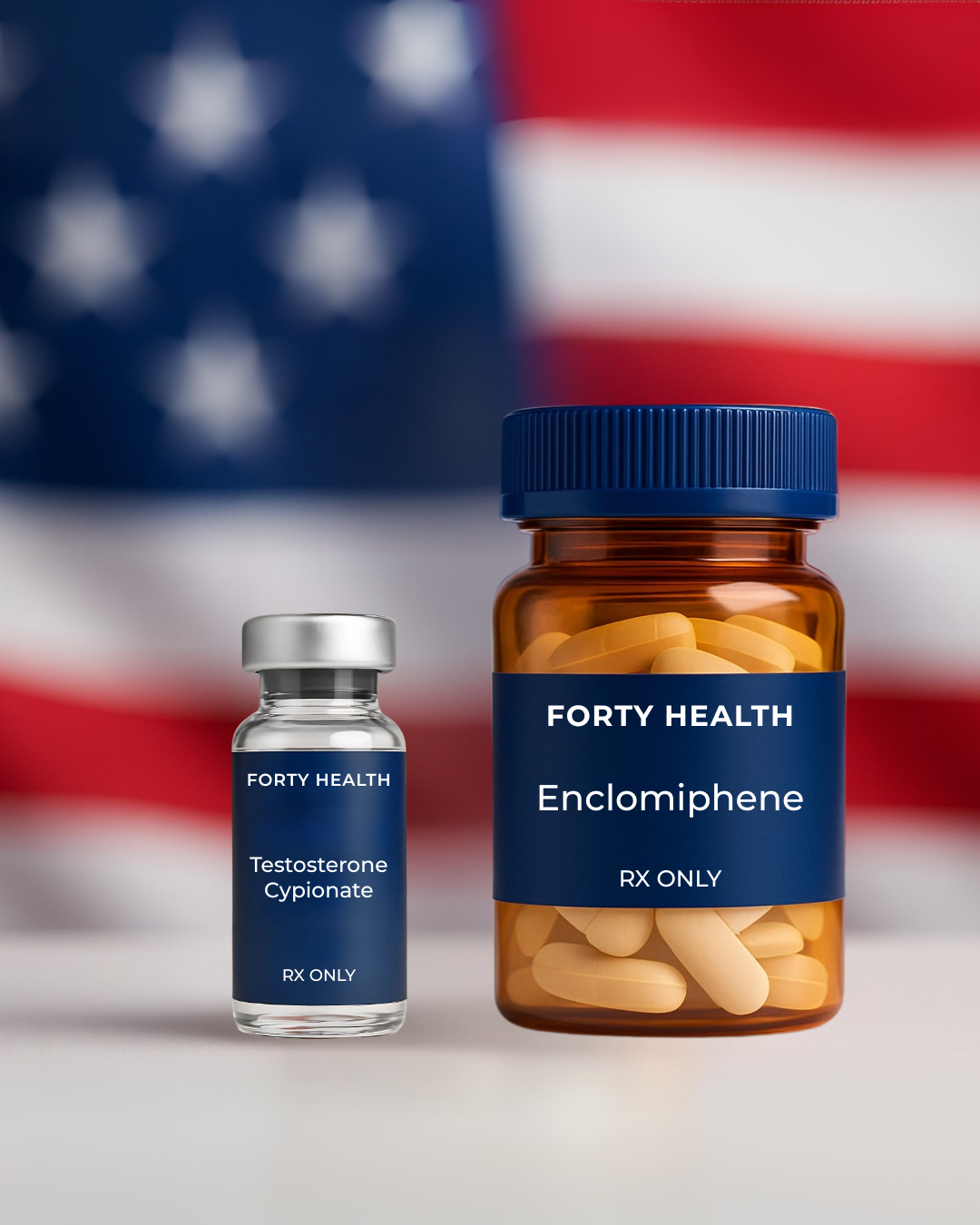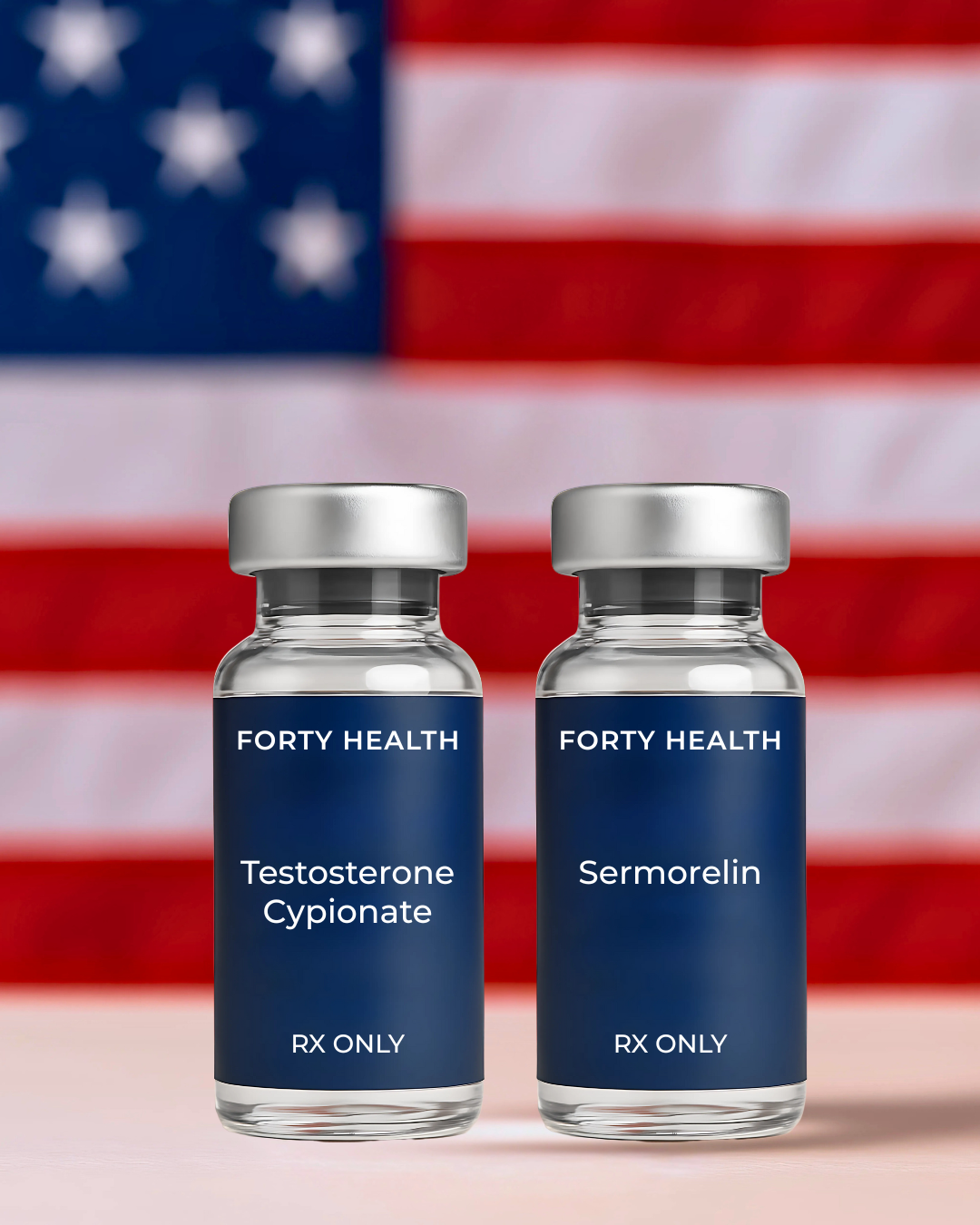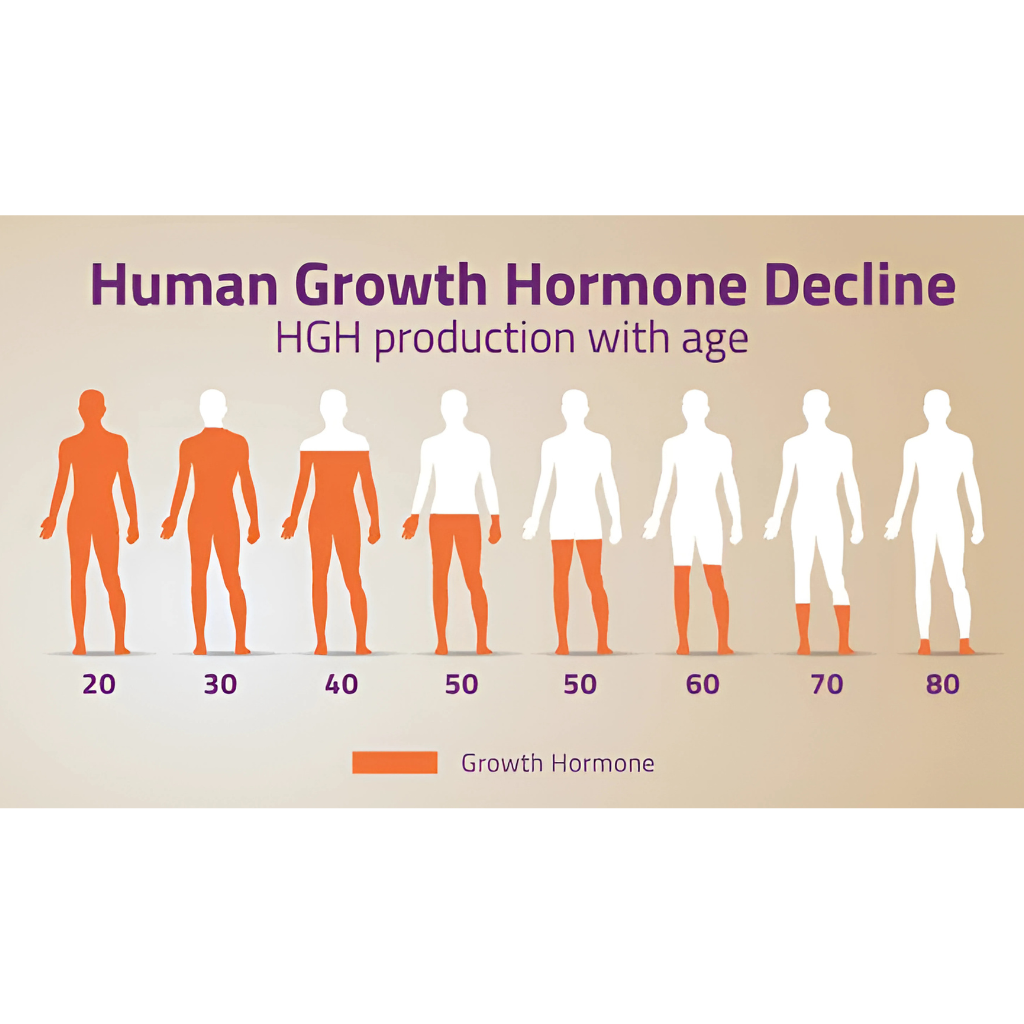
Testosterone is one of the key male hormones that exerts influence on almost every aspect of a man’s life, from strength and energy, to libido and sleep. Aside from your body’s natural production of testosterone, certain lifestyle choices may affect your testosterone levels.
The Impact of Alcohol
Over the years, there have been a number of studies on the impact of alcohol on general health, with often contradicting findings. The general consensus appears to be that moderate consumption of alcohol does not adversely impact health and may even be beneficial. UK health authorities recommend that men and women do not consume more than 14 units of alcohol on a weekly basis.
A study on the impact of alcohol on testosterone found that alcohol negatively influences male reproductive at all levels — from the hypothalamus and the pituitary gland, which are the parts of the brain that sends signals to your body to produce testosterone, to the testes, where testosterone is produced. Specifically, this study deals with alcohol abuse and not the occasional consumption of alcohol for recreational purposes.
“Numerous studies have indicated that alcohol abuse in men can cause impaired testosterone production and shrinkage of the testes,” the authors of the study wrote. “Those changes can result in impotence, infertility, and reduced male secondary sexual characteristics.”
Furthermore, this study shows that excessive alcohol consumption alters testosterone metabolism in addition to diminishing the production of testosterone. Scientists specifically studied the impact of alcohol on the testes, independent of the rest of the body. They found that alcohol has a direct impact on the testes and compromises testosterone production.
Source: Luke Greenwood / Pexels
Delving Deeper
What are the components in alcohol that specifically disrupt testosterone production? Scientists suggest that acetaldehyde, a breakdown component of alcohol, is a powerful suppressant of testosterone release. Specifically, the enzyme that breaks down alcohol to acetaldehyde is responsible for adversely impacting testosterone production.
In addition, there is evidence that there is a negative synergistic effect between nitric oxide and alcohol. Nitric oxide is a gas found in all tissues. Alcohol consumption can act synergistically with nitric oxide to suppress testicular function and reduce testosterone production.
Read more about 6 foods that increase testosterone
Because alcohol affects the brain pathways that signal the body to produce testosterone, studies have found that it reduces the levels of luteinizing hormone, a hormone that is crucial for the release of testosterone. In summary, alcohol affects all levels of testosterone production, from brain signaling to the actual site of testosterone production itself.
“Alcohol can have profound deleterious effects at all levels of the male reproductive system,” the authors of the study wrote.
Making A Change: Cutting Back or Quitting EtOh
Some men may struggle with consuming excessive amounts of alcohol. If you find that you are constantly yearning for a drink, even in the daytime, this may be an indicator that you may have an alcohol problem. Excessive alcohol consumption does not just affect testosterone production. Instead, it can cause a host of health problems and is especially harmful to your liver, which is the primary site in which toxins are removed from your body.
If you are worried that your alcohol consumption is getting out of hand, always remember that help is available. The best person to speak to is your doctor, who will be able to recommend you resources to help get you back on track.
Are you worried that your testosterone levels are below what it typically should be for a man your age? Forty Health is committed to ensuring that every man has robust testosterone levels for your overall health. Forty Health allows you to order a blood test to assess your testosterone levels. A qualified doctor will then speak to you about the next steps you can take towards better health.

